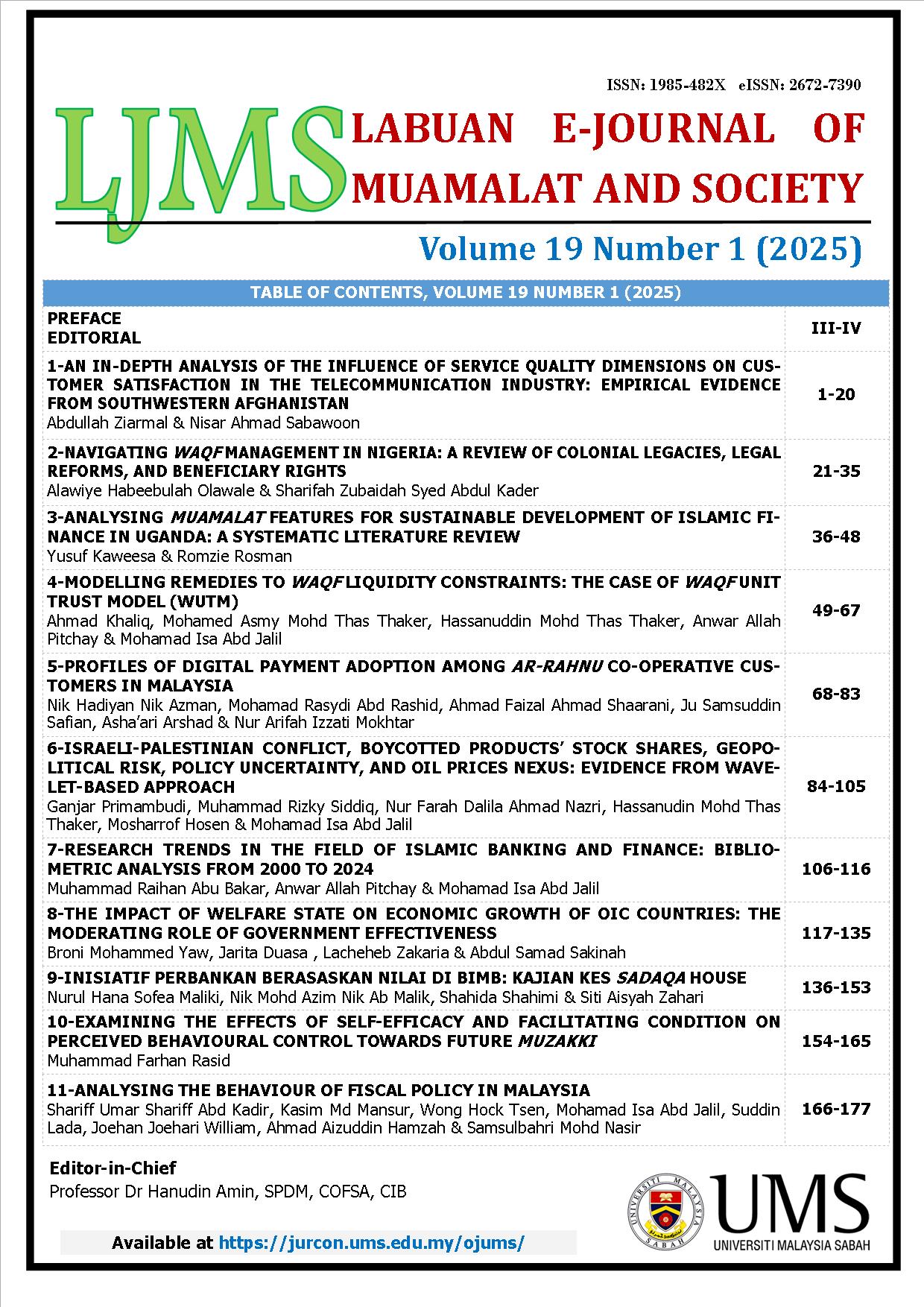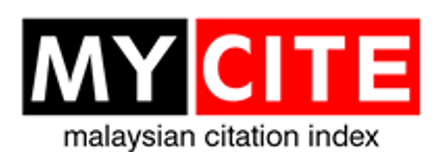ISRAELI-PALESTINIAN CONFLICT, BOYCOTTED PRODUCTS' STOCK SHARES, GEOPOLITICAL RISK, POLICY UNCERTAINTY, AND OIL PRICES NEXUS: EVIDENCE FROM WAVELET-BASED APPROACH
DOI:
https://doi.org/10.51200/ljms.v19i1.6084Keywords:
Israeli-Palestinian conflict, Boycotted products, Geopolitical risk, Policy uncertainty, Wavelet analysisAbstract
This paper aims to study the media coverage connectedness and correlations between the Israeli-Palestinian Conflict and some boycotted targeted companies. We utilize monthly data from January 2016 to December 2023 using three groups of variables. For the analysis part, we utilize the Wavelet-Based Approach alongside panel data regression and Granger causality to identify significant correlations and patterns. Demonstration, PolCiv Event, PolCiv Fatalities as the indicator for Israel-Palestinian conflict. Wix.Com Ltd (WIX), Yum! Brands Inc (YUM), Restaurant Brands International Inc (QSR), Papa John's International Inc (PZZA), Domino's Pizza Inc (DPZ), and McDonald's Corporation's Stock (MCD) as boycotted targeted companies and Global Price of WTI Crude (WTI), Economic Policy Uncertainty (EPU) and Geopolitical Risk Index (GPR) as global indicators. We found strong correlations among Demonstration, PolCiv Event, and PolCiv Fatalities, indicating their connectedness. However, only a few share prices, like WIX and YUM, exhibit limited significance in reflecting the humanitarian conditions tied to the conflict. Additionally, boycotted-product stock prices show medium to high correlations with media coverage, and global indicators (WTI, EPU, GPR) significantly correlate with selected boycotted-product share prices. Surprisingly, WTI and GPR exhibit a strong correlation, suggesting that geopolitical tensions globally influence oil price fluctuations. However, direct impacts on targeted companies are challenging due to opposing perspectives on the conflict, but a reduction in consumption is observed. We uncover strong correlations among various factors, including Demonstration, PolCiv Event, and PolCiv Fatalities. These connections highlight their interconnectedness and contribute fresh insights to existing knowledge. Additionally, the study explores the intriguing relationship between boycotted-product stock prices and media coverage, revealing medium to high correlations. Surprisingly, global indicators like WTI (oil prices) and GPR (geopolitical risk index) demonstrate a strong correlation, suggesting that geopolitical tensions globally influence oil price fluctuations. Overall, this research advances our understanding of the multifaceted effects arising from conflict-related events.
Downloads
Published
How to Cite
Issue
Section
License
Copyright (c) 2025 Labuan e-Journal of Muamalat and Society (LJMS)

This work is licensed under a Creative Commons Attribution 4.0 International License.











